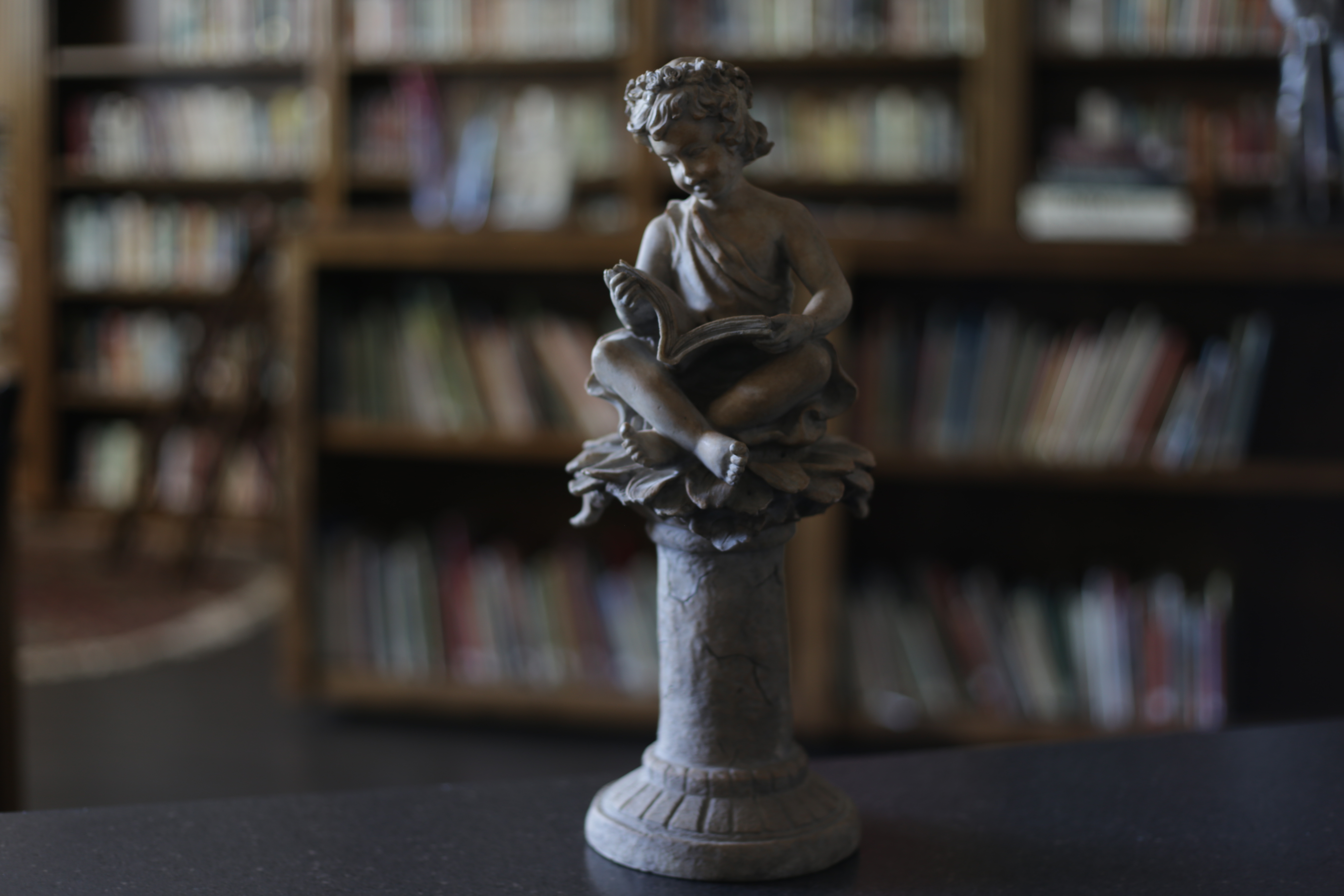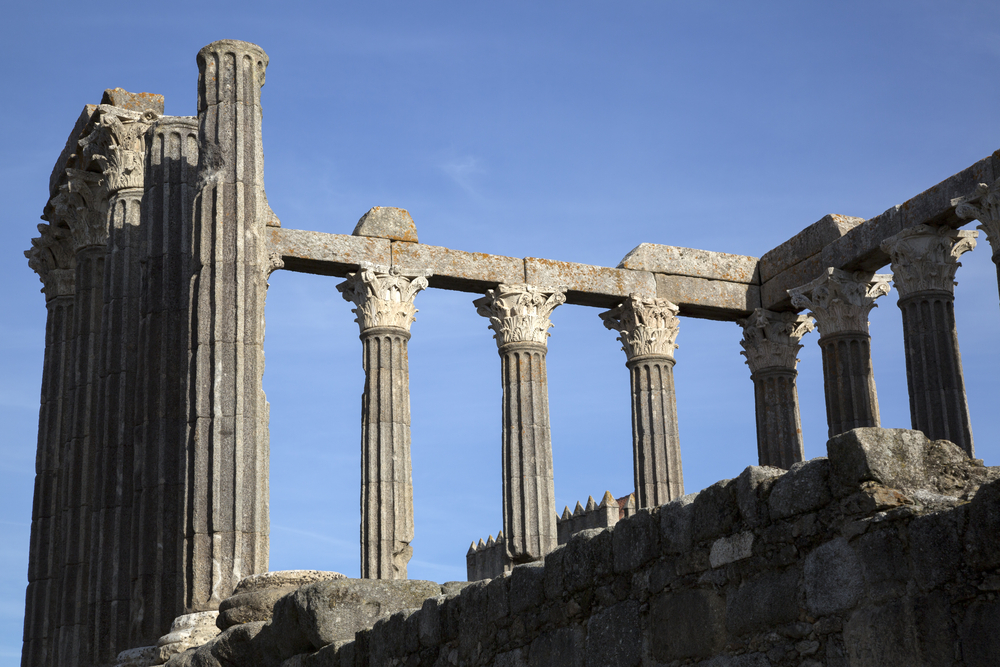Topics: Blog Posts, Classical Education
The benefits of learning Greek as a tool to sharpen one's mental abilities cannot be overstated.
“I would make them all learn English: and then I would let the clever ones learn Latin as an honor, and Greek as a treat.” -Winston Churchill
This quote from Churchill at times can be taken out of context. It would appear that Churchill spoke of Latin as the cognitive sharpening tool of the clever. But a more careful reading would show that Churchill understood that both Greek and Latin were excellent tools for cognitive development.
Topics: Blog Posts, Classical Education, Classical Languages
 Classical educators are frequently asked why we teach “dead languages.” At Trinitas, we teach both Latin and Greek as part of our core curriculum, and we believe to do otherwise would make us something other than classical. We don’t cling to these languages out of some foolish consistency or for the sake of keeping up classical appearances. No, we cling to them for their unparalleled value as educational tools.
Classical educators are frequently asked why we teach “dead languages.” At Trinitas, we teach both Latin and Greek as part of our core curriculum, and we believe to do otherwise would make us something other than classical. We don’t cling to these languages out of some foolish consistency or for the sake of keeping up classical appearances. No, we cling to them for their unparalleled value as educational tools.
Topics: Blog Posts, Classical Education, Classical Languages
 When Janice and I visited Trinitas Christian School at the invitation of Justice Ken Bell (father of three Trinitas alums) fourteen years ago, it wasn’t because we were looking for classical education. We were looking for Christian education to be sure, but we didn’t even know enough about classical education to ask a good question about it. Seeing was believing for us that day though, and one tour of the school during a normal day of classes convinced us that this classical education was worth a try.
When Janice and I visited Trinitas Christian School at the invitation of Justice Ken Bell (father of three Trinitas alums) fourteen years ago, it wasn’t because we were looking for classical education. We were looking for Christian education to be sure, but we didn’t even know enough about classical education to ask a good question about it. Seeing was believing for us that day though, and one tour of the school during a normal day of classes convinced us that this classical education was worth a try.
Topics: Blog Posts, Parenting, Classical Education, True Education, College Admissions
When thinking of the past, we often find ourselves in one of two precarious positions: veneration or disdain. Looking back on those “good ole days” can cause us to miss out on the gifts of God before us now. Do we, like Saul, desperately seek to evade the consequences of today by reaching out to the ghosts of the past? Or are we more like Ajax, holding silently onto old grudges, forsaking forever a chance for restoration to a friend and comrade? Surely these are not the only ways to view what has gone before us? Is there a way to recall the past with glorifying it unnecessarily, or treating as an experiment in regret?
Topics: Blog Posts, School Life, History, Classical Education
In his book, The Liberated Imagination: Thinking Christianly About the Arts, Leland Ryken asks a simple but provocative question: “Why do people hang paintings on walls?” There is of course the straightforward response: “because they enjoy said paintings.” But there is another level to the response worth considering, and its implications ripple out beyond the singular notion of picture hanging. Creative expressions have been how humanity thought and considered the reality around it for all recorded history. We don’t write or tell stories or sing just because we enjoy it; we also do these things because we must.
Topics: Blog Posts, School Life, Classical Education






